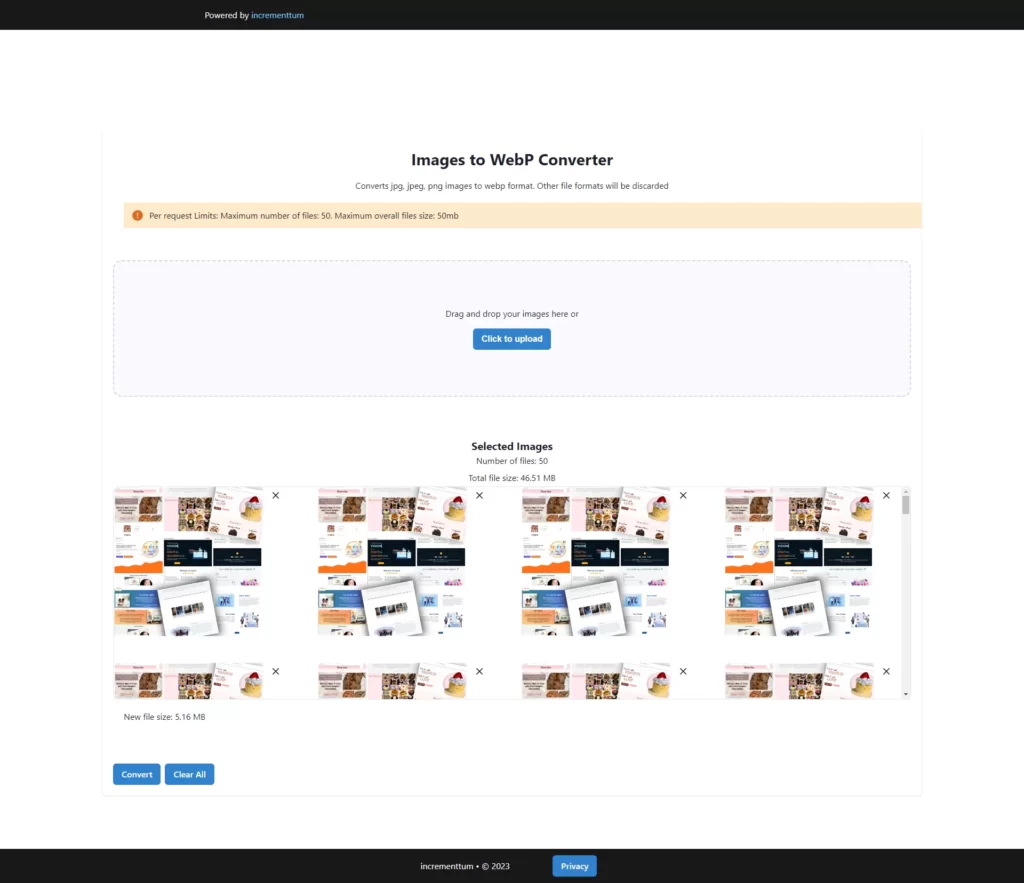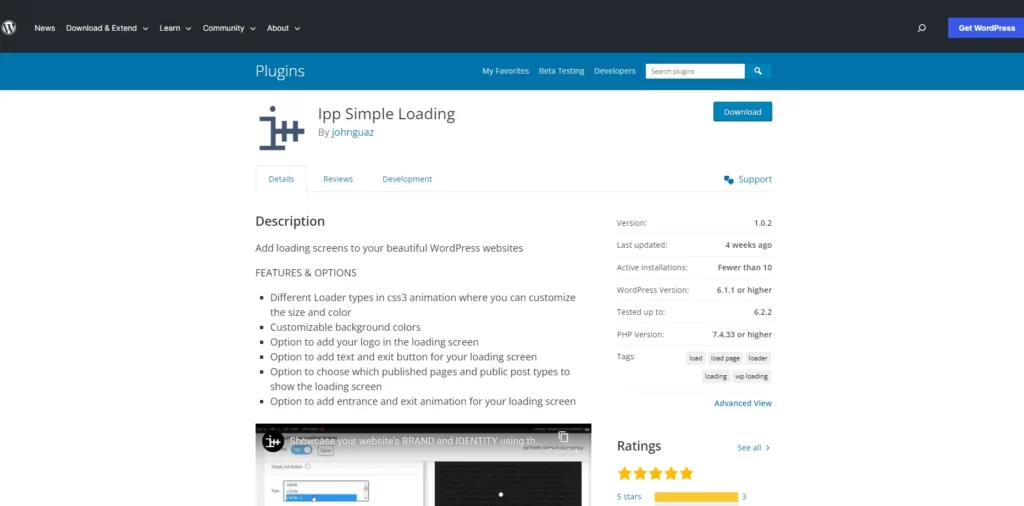The Power of SaaS: Empowering Businesses with Scalable Solutions
With businesses constantly striving to stay ahead of the curve, SaaS emerges as the ultimate game-changer, providing an abundance of features that offer advantages and ultimately deliver significant benefits to organizations of all sizes. When we talk about the features of SaaS, we’re referring to the cloud-based software applications that can be accessed anytime, anywhere, with just a few clicks. Gone are the days of unmanageable, inconvenient installations and expensive upgrades. SaaS offers businesses the opportunity to access a wide range of specialized tools and platforms, tailored to their specific needs. Whether it’s customer relationship management (CRM), project management, or data analytics, SaaS brings a diverse array of applications to your fingertips. Understanding SaaS What is SaaS? SaaS is an acronym for Software as a Service, is a cloud computing model that delivers software applications over the internet on a subscription basis. Unlike traditional software models where software is installed on individual devices or servers, SaaS eliminates the need for complex installations and maintenance. Instead, users can access the software through a web browser, providing convenience and accessibility from anywhere, at any time. The Advantages of SaaS Scalability and Flexibility One of the key advantages of SaaS is its scalability. Traditional software often requires businesses to estimate their future needs and invest in additional infrastructure to accommodate growth. With SaaS, businesses can easily scale their software usage up or down as needed. This flexibility allows businesses to align their software resources with their evolving needs, saving both time and money. Cost Savings SaaS offers significant cost savings compared to traditional software models. With SaaS, businesses eliminate the need for upfront hardware and software investments, reducing capital expenses. Additionally, ongoing maintenance and support are handled by the SaaS provider, further reducing operational costs. This cost-effective approach enables businesses of all sizes to access advanced software solutions without breaking the bank. Seamless Updates and Maintenance Keeping software up to date can be a time-consuming and resource-intensive task. With SaaS, updates and maintenance are handled by the service provider, ensuring that businesses always have access to the latest features and security patches. This eliminates the need for businesses to allocate internal resources for software maintenance, allowing them to focus on their core competencies. Empowering Businesses with Scalable Solutions The agility of SaaS also enables businesses to adapt quickly to changing market conditions, launch new initiatives faster, and stay one step ahead of the competition. Moreover, the scalability of SaaS solutions ensures that businesses can grow seamlessly without outgrowing their software, resulting in substantial cost savings and improved operational performance. Enhanced Collaboration and Productivity SaaS solutions often come equipped with collaboration features that facilitate seamless teamwork and communication. Teams can collaborate in real-time, share documents, and work on projects together, regardless of their physical location. This level of collaboration fosters increased productivity, as employees can work efficiently and access information whenever needed, leading to improved business outcomes. Customization and Integration SaaS platforms offer businesses the flexibility to customize and integrate their software to align with their specific workflows and processes. By tailoring the software to their needs, businesses can optimize efficiency and streamline operations. Integration capabilities also allow businesses to connect their SaaS applications with existing systems, enabling data sharing and enhancing overall productivity. Access to Advanced Technology SaaS providers continuously invest in cutting-edge technology to stay competitive in the market. By leveraging SaaS solutions, businesses gain access to the latest innovations without the need for significant internal investment. From artificial intelligence and machine learning to big data analytics, businesses can harness these advanced technologies to gain valuable insights, make data-driven decisions, and drive growth. SaaS has transformed the software landscape by offering businesses scalable solutions that empower them to thrive in the digital era. The advantages of SaaS, such as scalability, cost savings, and seamless updates, provide businesses with a competitive edge and the ability to adapt to changing market demands. By embracing SaaS, businesses can unlock new levels of efficiency, collaboration, and growth.
The Power of SaaS: Empowering Businesses with Scalable Solutions Read More »



